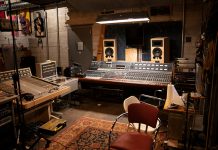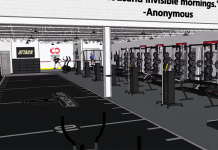A good friend of mine recently shared a copy of a new book by John Gallagher, “Reimagining Detroit: Opportunities for Redesigning an American City.”
You can check out the book here:
http://www.amazon.com/Reimagining-Detroit-Opportunities-Redefining-American/dp/0814334695/ref=sr_1_1?ie=UTF8&s=books&qid=1306432325&sr=8-1
I read the book in one sitting, riveted by the ideas, concepts, and visions of what just could be. In a nutshell, the book acknowledged the past, present, and future struggles that face the Detroit Metropolitan region. Without lamenting the lost opportunities and failed efforts of the past, the author painted a picture of a modern city, where people and businesses are clustered into vital downtown communities. These enclaves are surrounded by urban “green zones” that provide food and energy for the entire region. Beyond the green fields are the suburbs, towns, and other major cities — all connected to the city center by high-speed rail and energy-efficient mass transportation.
A fantasy you say?
Personally, I don’t think so. In many ways, the struggles we have faced over the past few decades have really prepared us for the epic opportunity for positive change that is upon us. The economic collapse, the exposure of deep civic corruption, and the refusal of a region to continue “business-as-usual” have all become agents for a genesis in regional re-development.
Sure, there are still many barriers that need to be removed for a complete revitalization. There are still a number of naysayers that will be slow to get on board with new programs. All of that is to be expected.
But regardless of these obstacles, things around here are changing.
A single point in Gallagher’s book has been stuck in my head. He pointed out that the planned clustering of people, businesses, and resources is essential to regional revitalization. He stated that if we fail to go down that road, the city will return to its rural, pre-industrial roots.
How often have we seen one occupied house in a two block radius, surrounded by weeds, scrub trees, garbage, and collapsed housing?
Nature is already reclaiming what it once owned.
The irony is that unmanaged urban areas may become rural again by default. If we choose to cluster our resources and strategically plan for urban-rural renewal, we will be managing our growth and prosperity as a city and a region.
If we fail to find the right formula, nature will continue to take us back to our urban roots, surrounding us with the ruins of a city that once rivaled Paris, and was called New France by early European colonists.
Now that is something I do not like to imagine.












